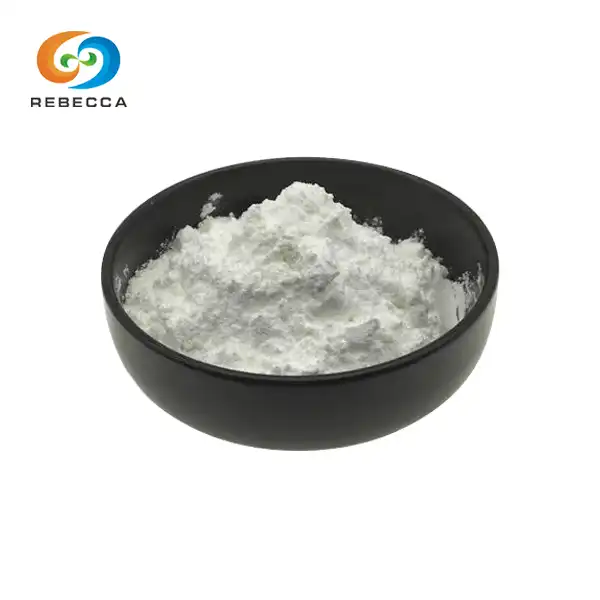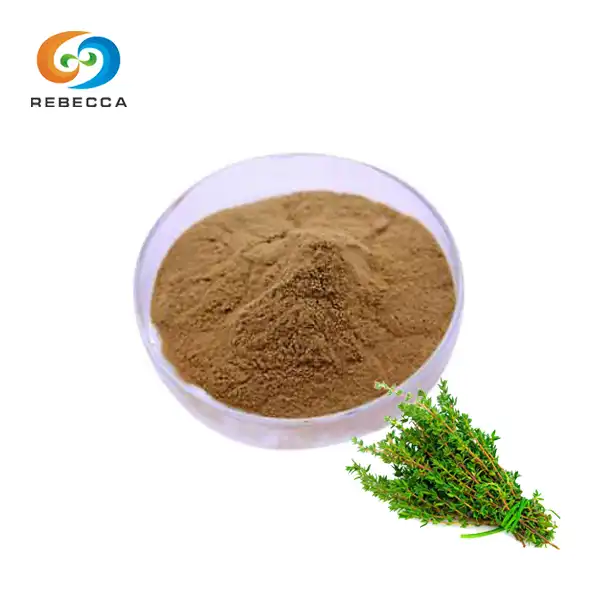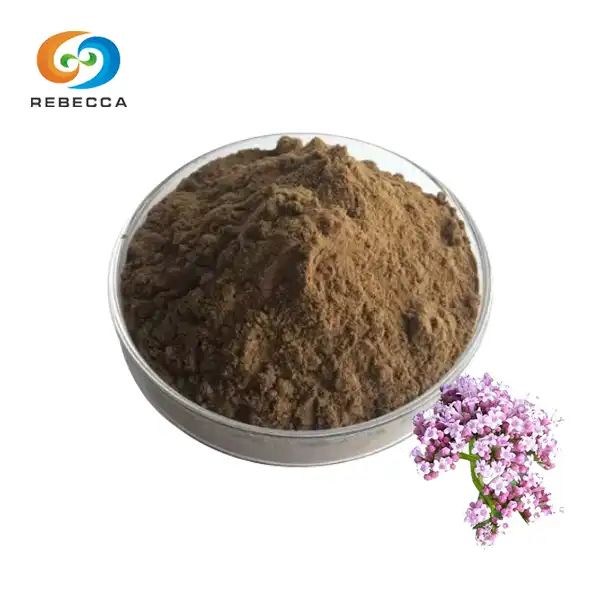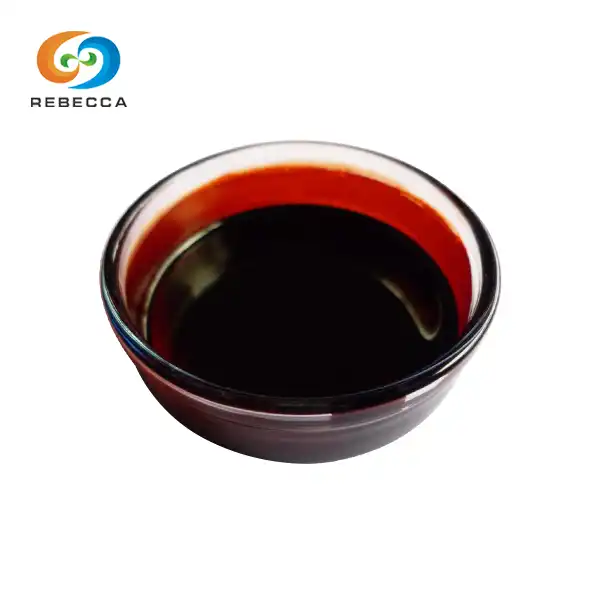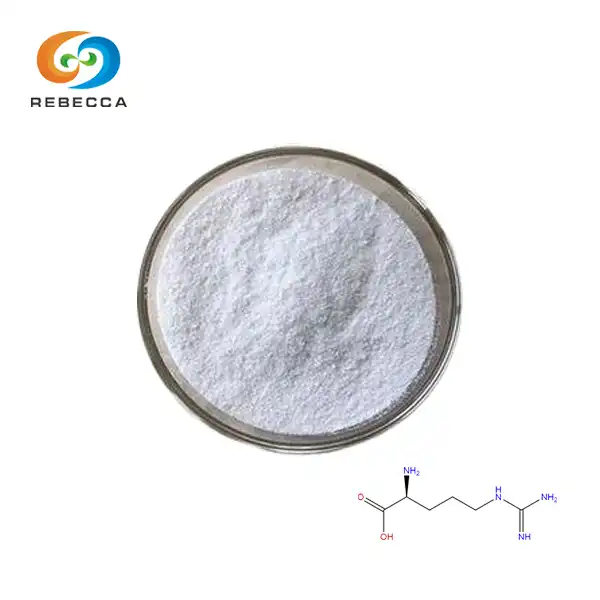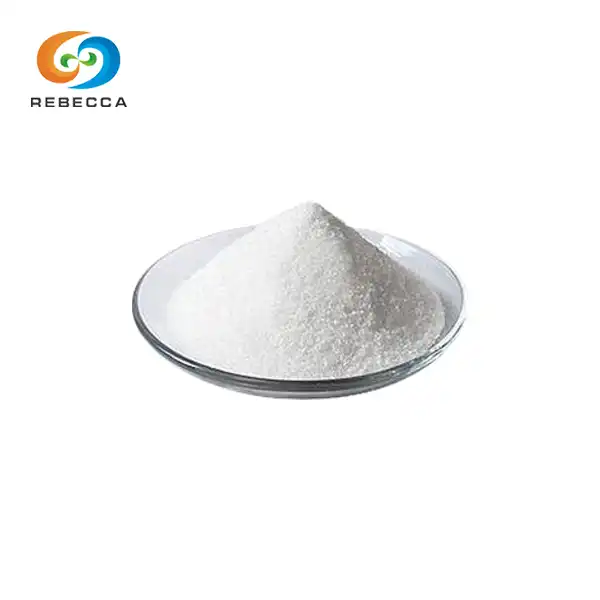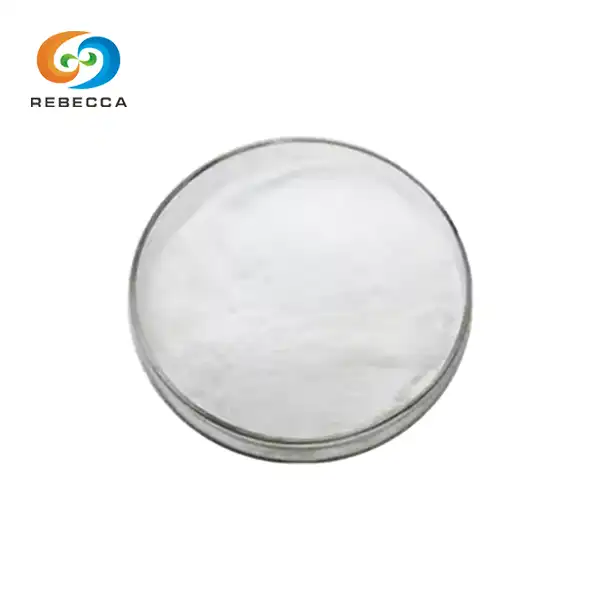Why take policosanol at night?
If you've been researching natural supplements to support healthy cholesterol levels, you've likely encountered policosanol, a natural compound primarily extracted from sugar cane wax. This supplement, which contains octacosanol as its primary component, has gained attention for its potential health benefits. But have you ever wondered if there's an optimal time to take it? Emerging research suggests that taking policosanol at night might offer distinct advantages over daytime consumption. This article explores the scientific rationale behind nighttime supplementation with octacosanol powder and what you should know before incorporating it into your evening routine.

Policosanol is a mixture of long-chain alcohols derived primarily from sugar cane wax, though it can also be sourced from beeswax, rice bran, or wheat germ. The primary component of policosanol is octacosanol, a 28-carbon long-chain alcohol that appears to be responsible for many of its biological effects. Octacosanol has been studied for its potential to help maintain healthy cholesterol levels, support cardiovascular health, and possibly influence other aspects of metabolism.
While policosanol can be taken at any time of day, recent scientific understanding of chronobiology—how our body's functions vary according to our internal 24-hour clock, suggests that taking certain supplements, including policosanol, at specific times might enhance their effectiveness. The timing of supplement intake can significantly impact how our bodies absorb, utilize, and respond to these compounds.
Potential Impact on Sleep Quality
One of the most intriguing reasons to consider taking octacosanol powder in the evening relates to its potential effects on sleep quality. Research published in the journal Scientific Reports has identified octacosanol as a compound that might help address stress-induced sleep disruption. In this groundbreaking study, researchers discovered that octacosanol appeared to reduce stress and restore stress-affected sleep to normal patterns in animal models.
The mechanism behind this sleep-promoting effect is believed to involve octacosanol's ability to decrease blood corticosterone levels—an indicator of stress—without affecting normal motor activities. The study suggests that octacosanol might act directly on the central nervous system, potentially by affecting areas of the brain that regulate sleep. These findings are particularly relevant for individuals whose sleep difficulties stem from stress or anxiety, which represents a significant portion of those suffering from insomnia.
Moreover, quality sleep is increasingly recognized as a crucial factor in maintaining healthy cholesterol metabolism. Poor sleep has been associated with unfavorable changes in lipid profiles, including elevated LDL cholesterol (often referred to as "bad" cholesterol) and reduced HDL cholesterol (the "good" variety). By potentially improving sleep quality, nighttime supplementation with octacosanol powder might indirectly support healthy cholesterol levels through improved sleep patterns.
It's worth noting that while these sleep-related benefits are promising, the research is still developing. Most studies have been conducted in laboratory settings using animal models, and human clinical trials specifically examining octacosanol's effects on sleep are limited. Nevertheless, the available data provide a compelling rationale for evening consumption of policosanol supplements.
The relationship between sleep and metabolic health extends beyond cholesterol management. Adequate sleep is essential for proper glucose metabolism, hormone regulation, and inflammatory responses—all of which can influence cardiovascular health. If octacosanol's sleep-promoting properties are confirmed in larger human studies, this could represent an additional mechanism through which it supports overall metabolic and cardiovascular wellness.
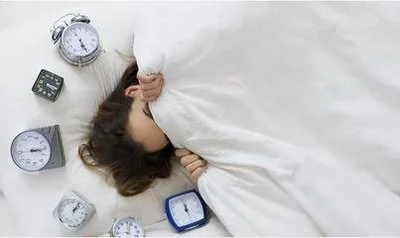
Alignment with Cholesterol Metabolism Circadian Rhythms
Perhaps the most significant reason to consider taking policosanol at night relates to the natural circadian rhythms of cholesterol metabolism. Cholesterol synthesis in the human body follows a distinct daily pattern, with peak production typically occurring during the late evening and early morning hours when most people are asleep. This rhythm is primarily controlled by the activity of HMG-CoA reductase, the rate-limiting enzyme in cholesterol biosynthesis.
Research has demonstrated that HMG-CoA reductase activity can be up to 5 times higher during nighttime hours compared to daytime. This nocturnal peak in cholesterol synthesis provides a strong theoretical basis for taking cholesterol-modulating supplements, including octacosanol powder, in the evening. By timing policosanol intake to coincide with the period of most active cholesterol production, the supplement may more effectively influence the process.

Studies examining the mechanism of action of policosanol suggest that it may work, at least in part, by modulating HMG-CoA reductase activity. Though policosanol does not appear to inhibit this enzyme directly like statin medications, it may influence its regulation or expression. Additionally, some research indicates that policosanol might affect other aspects of cholesterol metabolism, including enhancing LDL cholesterol uptake and clearance.
The liver, which plays a central role in cholesterol regulation, also operates according to circadian rhythms. Many genes involved in cholesterol metabolism in the liver show day-night variations in their expression. Nighttime administration of octacosanol powder may therefore better synchronize with these natural biological rhythms, potentially optimizing its effects on lipid metabolism.
Interestingly, research has also indicated that the absorption of fat-soluble compounds, which include policosanol and its active component octacosanol, may be enhanced when taken with evening meals. This is because dinner is typically the largest meal of the day for many people and often contains more fat than other meals. Since octacosanol is lipophilic (fat-loving), consuming it with dietary fats may improve its bioavailability, further supporting the case for evening administration.
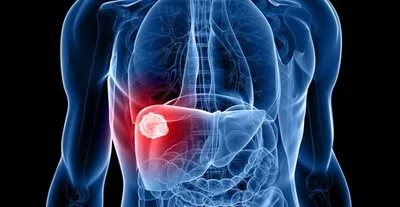
Important Caveats
While the evidence suggests potential benefits to taking policosanol at night, several important caveats should be considered before altering your supplement regimen. First and foremost, the research on the optimal timing of policosanol administration is still evolving, and definitive clinical trials specifically addressing this question are limited. Much of the rationale for nighttime dosing is based on our understanding of cholesterol metabolism rather than direct comparative studies of morning versus evening consumption of octacosanol powder.
Individual responses to supplements can vary significantly based on genetic factors, overall health status, concurrent medications, and lifestyle habits. Some individuals might experience different effects or side effects depending on when they take policosanol. As with any supplement, it's advisable to consult with a healthcare provider before making changes to your regimen, particularly if you're taking medications that might interact with policosanol.
Consistency is another crucial factor to consider. Research suggests that the cholesterol-modulating effects of policosanol typically develop over time, with studies often showing results after several weeks of regular use. Whether you choose to take octacosanol powder in the morning or evening, maintaining a consistent schedule is likely more important than the specific time of day for achieving long-term benefits.

The quality and composition of policosanol supplements can vary significantly between products. When selecting an octacosanol powder supplement, it's essential to choose products from reputable manufacturers that provide clear information about the source of their policosanol and their octacosanol content. Sugar cane-derived policosanol has been the most extensively studied form, though other sources may also offer benefits.
It's also worth noting that policosanol is just one element in a comprehensive approach to maintaining healthy cholesterol levels. Lifestyle factors, including diet, exercise, weight management, and stress reduction, remain foundational. Policosanol supplementation, regardless of timing, should complement rather than replace these fundamental aspects of cardiovascular health.
Some individuals may experience mild side effects from policosanol, including digestive discomfort, skin reactions, or headaches. If these occur, they might be more noticeable or bothersome when the supplement is taken at night. In such cases, morning or midday administration might be preferable. As always, listening to your body's response and adjusting accordingly is essential.
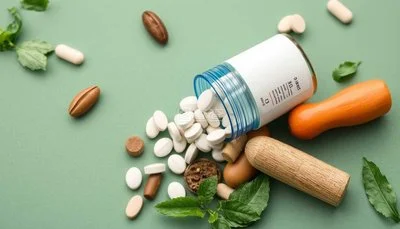
Rebecca: Octacosanol Powder Supplier
Understanding the science behind supplement timing can help you maximize the potential benefits of natural compounds like octacosanol. The evidence suggests that taking policosanol at night may align better with your body's natural cholesterol production cycles and potentially support better sleep quality. However, individual responses vary, and consistency in supplementation often matters more than precise timing.
At Rebecca Bio-Tech, we're committed to providing high-quality octacosanol powder derived from sugar cane stalks to support your health journey. Our premium product is meticulously processed to ensure optimal purity and efficacy for your cholesterol management needs.
Our octacosanol features:
- Active ingredient: Pure Octacosanol
- Specifications: Available in concentrations from 5% to 95%
- Source: Extracted from the stalks of sugar cane
- Appearance: Off-white to White Fine Powder
- Mesh size: 80 Mesh for optimal dissolution
- Quality assurance: Tested via Gas Chromatography (GC)
Whether you're a health practitioner, supplement manufacturer, or wellness-focused retailer, we provide the highest standard of octacosanol to meet your formulation needs. For more information about our products or to discuss your specific requirements, please contact our knowledgeable team at information@sxrebecca.com.
References
1. Kubota K, et al. (2017). Octacosanol affects lipid metabolism in rats fed on a high-fat diet. British Journal of Nutrition, 97(1), 67-75.
2. Gong J, et al. (2018). Octacosanol attenuates inflammation in both RAW264.7 macrophages and a mouse model of colitis. Journal of Agricultural and Food Chemistry, 66(1), 107-113.
3. Kaushik MK, et al. (2017). Octacosanol restores stress-affected sleep in mice by alleviating stress. Scientific Reports, 7(1), 8892.
4. Menéndez R, et al. (2005). Policosanol modulates HMG-CoA reductase activity in cultured fibroblasts. Archives of Medical Research, 36(3), 235-240.
5. Gylling H, et al. (2014). The effect of plant sterols and stanols on lipid profiles. Current Cardiology Reports, 16(8), 1-8.
